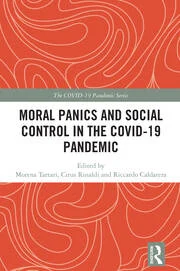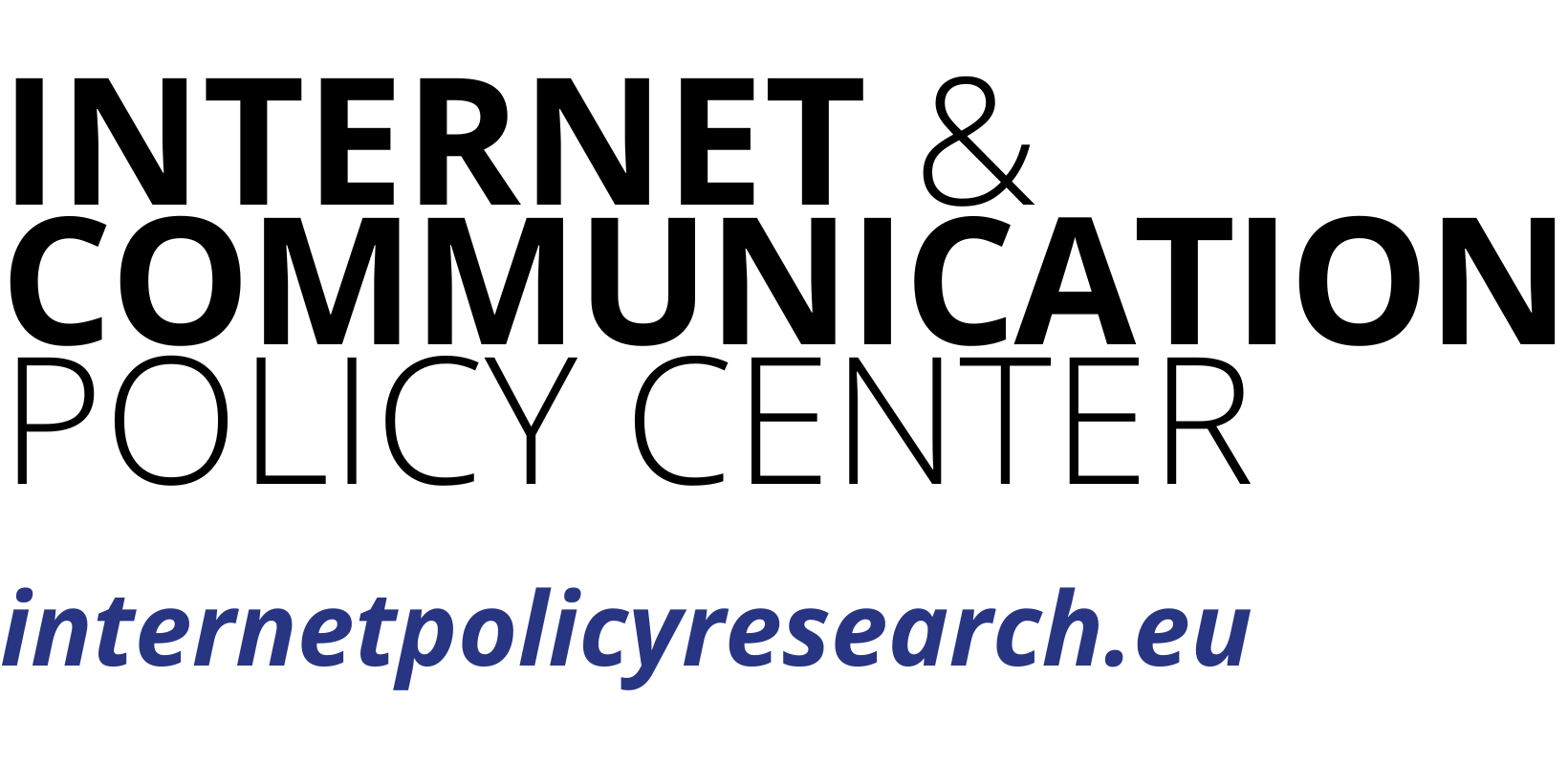New Publication! | Tackling moral panic on the COVID-19 pandemic. Highlights of the institutional response against infodemic in the Italian context

Tackling moral panic during the COVID-19 pandemic — Highlights of the institutional response against infodemic in the Italian context
The Internet & Communication Policy Center (ICPC) highlights a new chapter by Michele Barbieri with Fabio Liguori, examining Italy’s institutional communication during the pandemic and its effects on public debate.
The COVID-19 pandemic triggered an information overload, resulting in feelings of fear and mistrust towards public institutions and counteracting measures adopted. The infodemic has, therefore, generated a double moral panic, calling for a two-fold institutional response. Through the perspective of moral panic theory, this chapter aims to analyze the Italian institutional response through the political communication promoted by the Conte II government and the Draghi government on social media in a temporal frame ranging from March 2020 to December 2021. On the one hand, the analysis reveals two completely discordant approaches, as well as a shift in the target to address: the contagion of the virus and the side effects of the vaccine. On the other hand, it analyses the challenges posed by the increasing use of emergency power through the adoption of regulatory instruments by the government that could undermine the supremacy of collegial bodies, thus weakening the underlying democratic processes and configuring new political arrangements.



Comments are closed, but trackbacks and pingbacks are open.